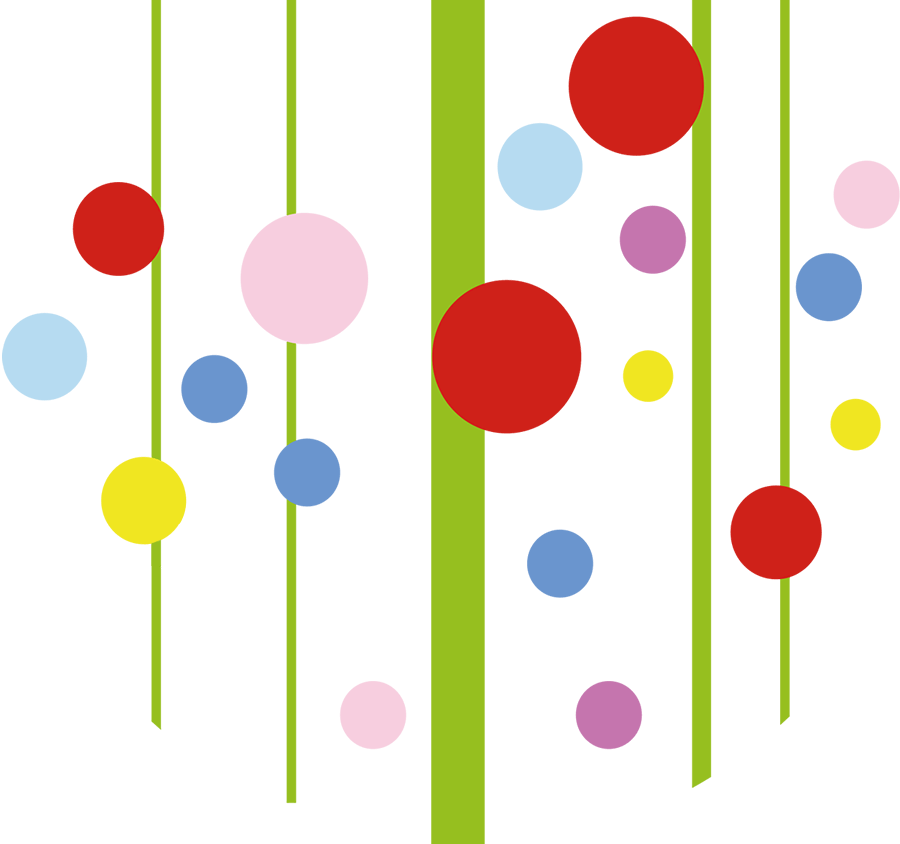Boosting Bee Populations: Environmental Benefits
Bees are Fundamental to our Existence!
Why has our Bee Population Declined?
The Environmental Benefits of Bees
Bees play a pivotal role in our environment and our existence. Our tiny black and yellow, buzzy friends are excellent pollinators, and farmers rely on them! The humble bumblebee makes ideal pollinators for specific crops, and the smaller honeybees make excellent pollinators of flowers, with some flower species depending entirely on bees for pollination.
For those needing a refresher course, pollination is the transfer of pollen from the male part of the flower to the female part. Through this process, fertilisation of a plant is initiated, which then provides us with a plant seed, fruit or nut. Studies suggest that bees pollinate 85% of all food crops we consume together with crops for feeding cattle. In a nutshell, without bees, crops simply won’t grow, which leads to food shortages.
Putting the Buzz back into Bees!
Wildflower seeds for Bees
At Wildahome we have seed wild flower seed mixes that are collected specifically for their ability to attract bees. Our wildflower see mixes are available for a variety of soil types and conditions, from loam to clay, from acid to chalk.

